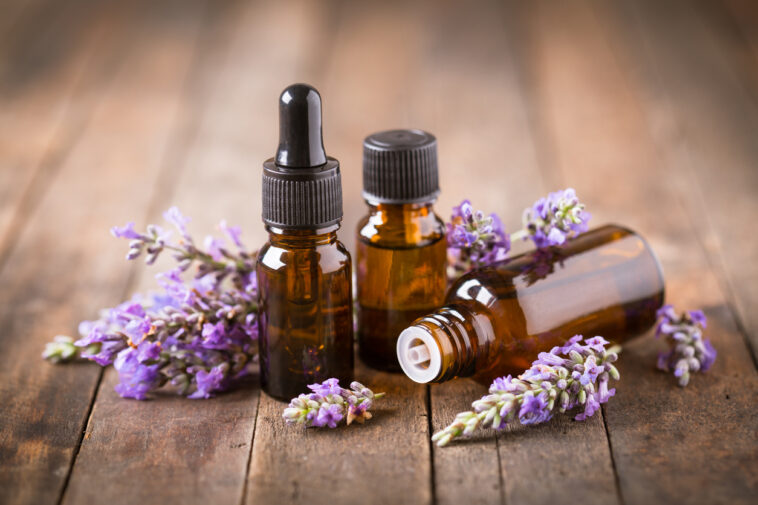Insomnia affects around 20% of French people and overwhelms us all one day or another. Stressful periods can also disrupt our sleep and cause us to have unpleasant nights. However, instead of using drug treatments, using plants can provide relief and help us sleep better. Here are the main plants to use for insomnia and which help us fall asleep. Enough to find quality sleep and naturally banish drowsiness on a daily basis.
What plants for insomnia?
1) Lavender
This plant with many benefits is a wonderful remedy for insomnia. Among its many benefits, we count in fact calming powersbut also de-stressing which promotes falling asleep and restful sleep. You can consume it as a herbal tea, spray it lightly on your pillow or even place lavender in a pot in your room. Requiring little maintenance, little watering, but large amount of lightthis plant is ideal for your interior. Its scent, synonymous with relaxation, is perfect for helping you fall asleep more easily. Enough to sleep well without effort!
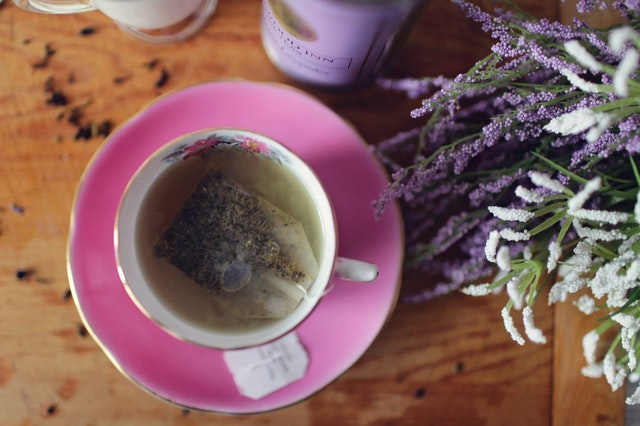
2) The lime tree
Linden is one of the plants best known for its effects on our calming, but also for our sleep. To help you get to sleep, drink a linden infusion around half an hour before going to bed. This will help you relax with its calming and relaxing properties. This plant rich in flavonoids will also help you in making it easier to fall asleep.
3) Valerian
Its soothing and sedative properties no longer need to be presented. It helps calm and soothe symptoms related to anxiety and helps us fall asleep more easily. The plant is therefore particularly recommended if you suffer insomnia due to stress. This will allow you to relax in bed. Valerian is also widely used to have a better quality of sleep more restorative.
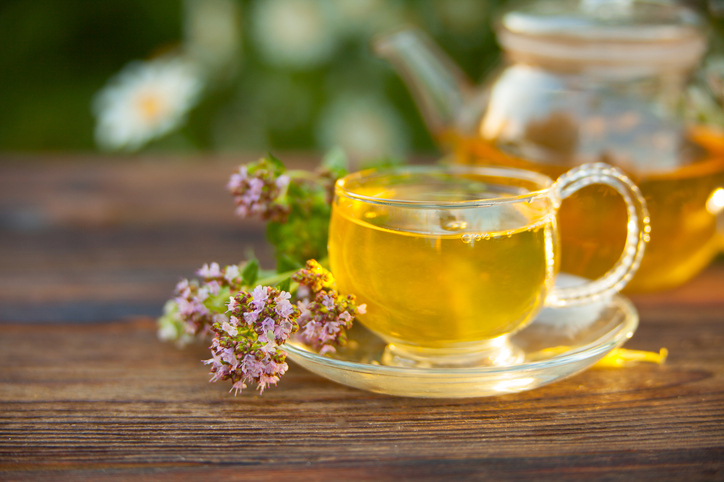
4) The passion flower
To combat anxiety, it is also possible to consume passionflower. This plant has relaxing properties and helps reduce nervousness. It should be consumed as an infusion, preferably 30 minutes before going to bed. You can consume it up to 4 during the day. Known for its soothing and calming benefits, it is however not recommended to drive after consumption of the plant. If you think you have trouble sleeping during this period of confinement, this plant will soothe these minor sleep problems.
5) Chamomile
The use of chamomile has many benefits. It is relaxing, helps the body to relax, and takes us to the edge of sleep. It prepares our body wonderfully for sleep. To help us fight insomnia, it is possible to swallow a cup of an infusion made from Roman chamomile, which will help us relax just before sleeping. We can also put a drop or two of essential oil on our pillow or on our wrists to help us sleep by breathing in the sweet scent of this plant.
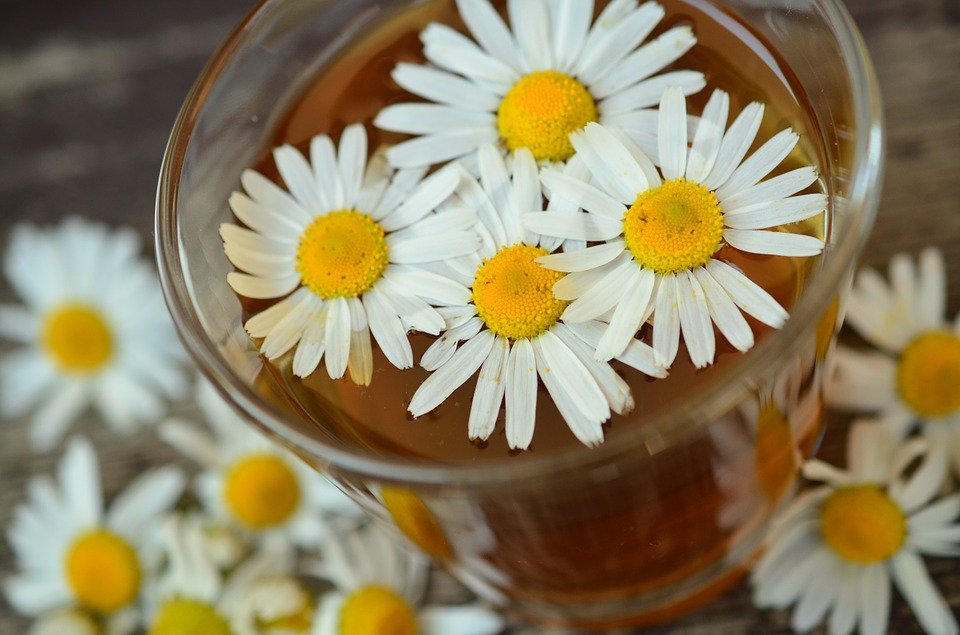
6) The California poppy
This plant will help you get to sleep more quickly, and it will be of better quality. In addition, it will allow you to wake up less at night. This plant is particularly recommended for people who suffer from sleep disorders and frequent nocturnal awakenings during the same night. Without addictionthis plant soothes nervousness and anxiety that may be felt at night. The California poppy also fights against nightmares and even enuresis (bedwetting). It is therefore a major ally against many little nighttime problems.
Besides plants and essential oils, what are some natural tips that help you sleep well?
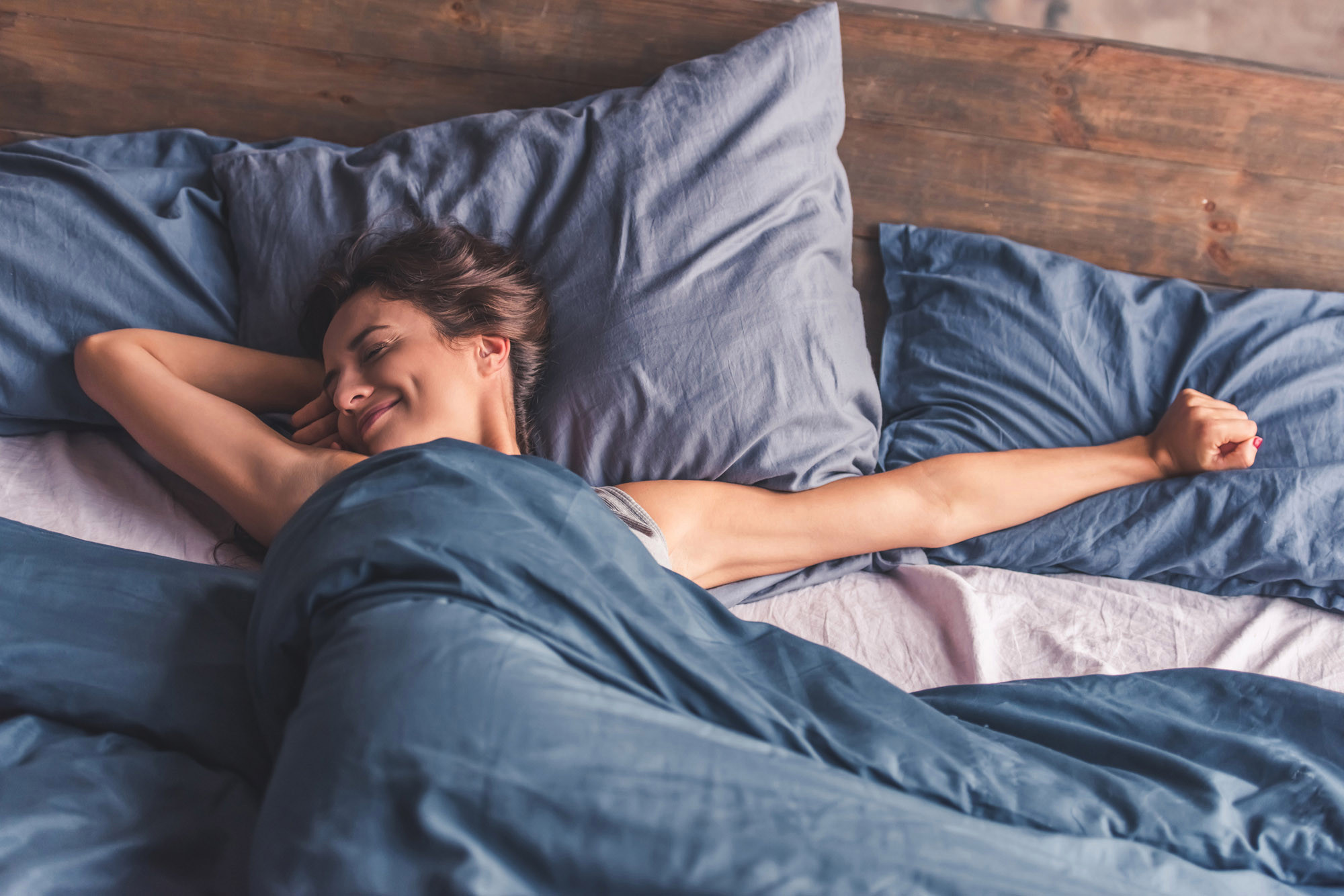
→ First of all, a regular sleep routine is essential. SO, try to go to bed and wake up at the same time every dayeven on weekends, to regulate your biological clock.
→ It is also necessary create an environment conducive to sleepL. So make sure your bedroom is dark, cool, quiet and comfortable to promote rest.
→ Also limit screens before bed. Blue light from electronic device screens can disrupt the production of melatonin, a hormone that regulates sleep. Ban screens at least an hour before going to bed. Likewise, avoid stimulants. Reduce your consumption caffeine and nicotineespecially in the afternoon and evening, as they can disrupt sleep.
→ Practice relaxation as soon as possible. Try relaxation techniques like meditation, deep breathing, yoga, or visualization to calm your mind before bed, especially if you suffer from sleep disorders related to stress and anxiety.
→ Also exercise regularly. Indeed, regular physical exercise can help improve the quality of sleep. However, avoid intense workouts too close to bedtime.
→ Finally, avoid heavy and alcoholic meals before bed. Avoid large meals late in the evening, as they can disrupt sleep. And while alcoholic beverages may seem to help you fall asleep, note that they also disrupt sleep and risk deeply fragmenting it with frequent nocturnal awakenings. To sleep well and avoid drowsiness, ban alcohol in the evening.
By adopting these tips and developing good sleep habits in addition to using herbs, you could significantly improve the quality and duration of your sleep naturally.


